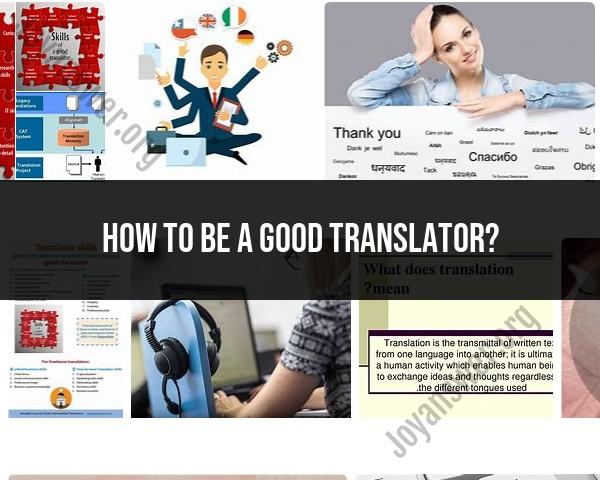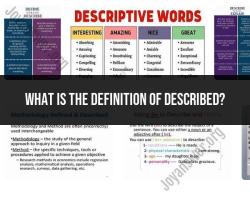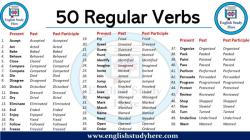How to be a good translator?
Becoming a skilled translator requires a combination of education, practice, and continuous improvement. Here are key practices to help you become a good translator:
Master Multiple Languages: To be a translator, you must be fluent in at least two languages, including your native language. It's crucial to have a deep understanding of the source and target languages, including their grammar, idioms, nuances, and cultural context.
Formal Education: Consider pursuing formal education in translation, linguistics, or a related field. Many universities offer translation and interpretation programs that provide a solid foundation in the principles and techniques of translation.
Specialize: Determine your areas of expertise and specialize in specific fields, such as legal, medical, technical, literary, or financial translation. Specialization allows you to build subject-matter expertise and improve the quality of your translations.
Continuous Learning: Languages and industries are constantly evolving. Stay up-to-date with changes in language, terminology, and industry-specific developments. Attend workshops, conferences, and webinars related to your specialization.
Practice Regularly: Practice is essential for honing your translation skills. Translate a wide variety of texts, including newspapers, books, articles, and technical documents. Try to work with source materials that are challenging and diverse.
Build a Portfolio: Create a portfolio of your work to showcase your skills and expertise. Include samples of your translations, with a focus on quality and accuracy. A strong portfolio can help you attract clients and employers.
Use Technology: Utilize translation software and tools, but use them as aids, not replacements for your skills. Translation memory software can help maintain consistency in large projects.
Research and Terminology Management: Invest time in research to ensure you use accurate and industry-specific terminology. Create and maintain glossaries and translation memory databases for consistent and efficient work.
Seek Feedback: Get feedback from peers, mentors, or clients. Constructive criticism can help you identify areas for improvement and refine your skills.
Cultural Understanding: Cultural sensitivity is crucial for accurate translation. Understand the cultural nuances and context of both the source and target languages to convey the intended meaning effectively.
Professional Organizations: Join professional translation organizations like the American Translators Association (ATA) or the Chartered Institute of Linguists (CIOL). These organizations offer resources, networking opportunities, and credibility.
Ethical Standards: Adhere to ethical guidelines, such as client confidentiality and professional conduct. Maintain the integrity of the source text while ensuring clarity and readability in the target language.
Meet Deadlines: Punctuality is essential in the translation industry. Consistently meet deadlines and communicate proactively if you encounter challenges that may affect the timeline.
Marketing and Networking: Promote your services and build a strong professional network. Effective marketing can help you attract clients and collaborators in the translation field.
Be Patient: Becoming a skilled translator takes time. Be patient and persistent in your pursuit of excellence. Continuous learning and improvement are part of the journey.
Remember that translation is both an art and a science. It requires a deep understanding of languages, cultures, and the subject matter. By consistently practicing and refining your skills, staying current in your specialization, and adhering to high ethical standards, you can become a proficient and respected translator.
What are the key skills and qualities needed to become a proficient translator?
The key skills and qualities needed to become a proficient translator include:
- Bilingual proficiency: Translators must have a native or near-native level of proficiency in both the source language and the target language.
- Excellent writing skills: Translators must be able to write clearly and concisely in the target language, using appropriate grammar, style, and terminology.
- Cultural awareness: Translators must have a good understanding of the cultures associated with the source language and the target language. This helps them to translate nuances and cultural references accurately.
- Attention to detail: Translators must be able to pay close attention to detail and identify and correct errors in their translations.
- Research skills: Translators must be able to research and find reliable sources of information to help them translate specialized terms and concepts accurately.
How can you improve your translation abilities and become a good translator?
There are a number of ways to improve your translation abilities and become a good translator. Here are a few tips:
- Practice regularly: The more you translate, the better you will become at it. Try to find opportunities to translate a variety of different types of texts, including news articles, technical documents, and literary works.
- Read widely: Read extensively in both the source language and the target language. This will help you to improve your vocabulary and grammar skills, and to develop a better understanding of the cultures associated with both languages.
- Get feedback from others: Ask other translators or native speakers to review your translations and give you feedback. This will help you to identify and correct errors in your translations.
- Take a translation course: There are many translation courses available online and at universities. These courses can teach you the basics of translation theory and practice, and can help you to develop your translation skills.
What are the challenges that translators often face, and how can they overcome them?
Translators often face a number of challenges, including:
- Translating specialized terms and concepts: Translators may need to translate specialized terms and concepts that they are not familiar with. To overcome this challenge, translators should research the terms and concepts carefully and find reliable sources of information.
- Translating cultural references: Translators may need to translate cultural references that may not be familiar to readers of the target language. To overcome this challenge, translators should try to find equivalent cultural references in the target language, or explain the cultural references in a way that is understandable to readers of the target language.
- Meeting deadlines: Translators often have to meet tight deadlines. To overcome this challenge, translators should plan their work carefully and prioritize their tasks.
Are there specific qualifications or certifications required to be a professional translator?
There are no specific qualifications or certifications required to be a professional translator in most countries. However, some employers may prefer to hire translators who have a degree in translation or who have completed a translation certification program.
What are the ethical considerations in the field of translation?
Translators have a number of ethical considerations to keep in mind, including:
- Accuracy: Translators must strive to produce accurate and faithful translations.
- Confidentiality: Translators must keep the information that they are translating confidential.
- Impartiality: Translators must remain impartial and avoid injecting their own opinions or biases into their translations.
- Respect: Translators must respect the cultures and languages that they are working with.
Translators can uphold these ethical principles by following best practices and by being mindful of the potential impact of their translations.













